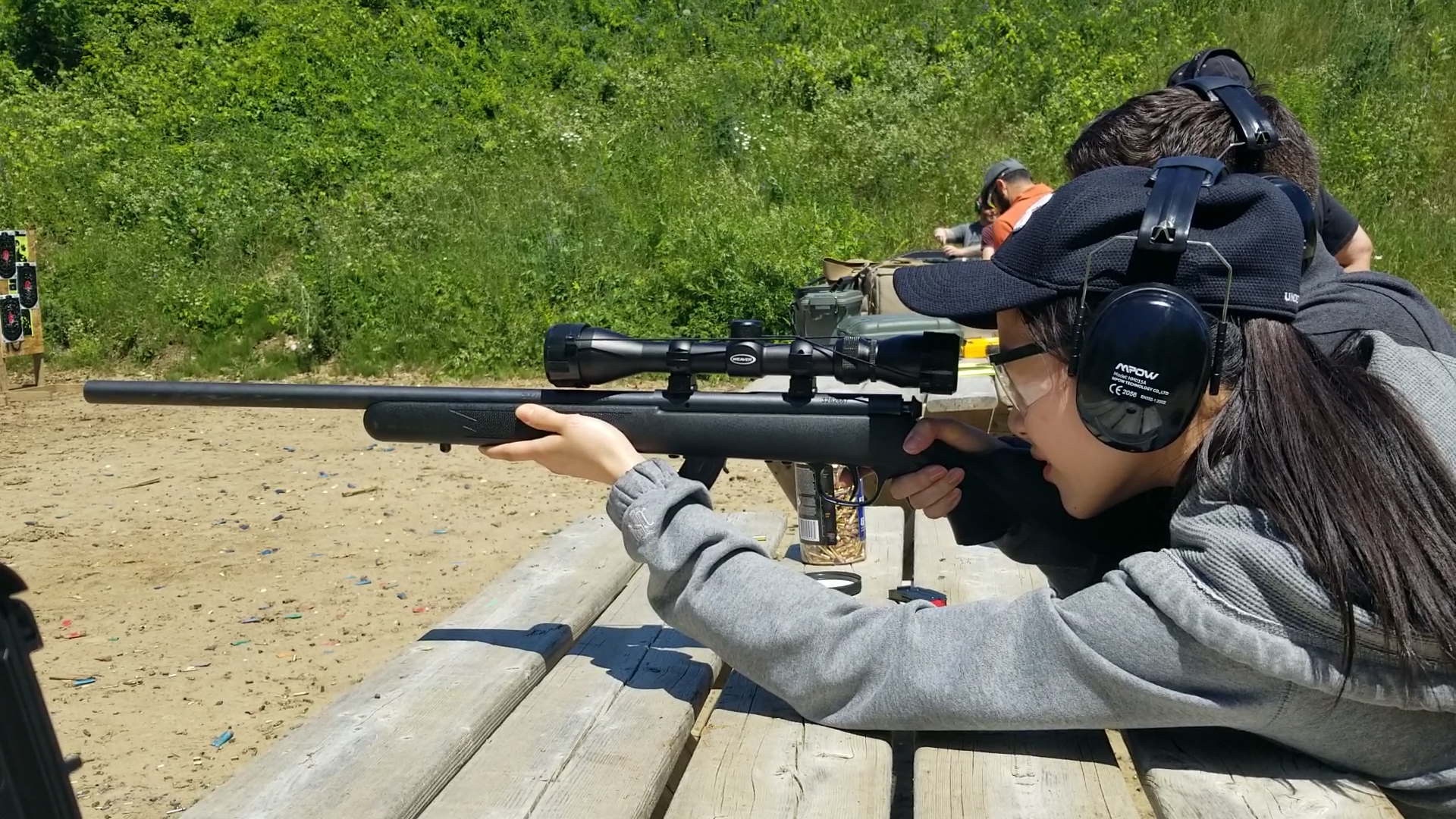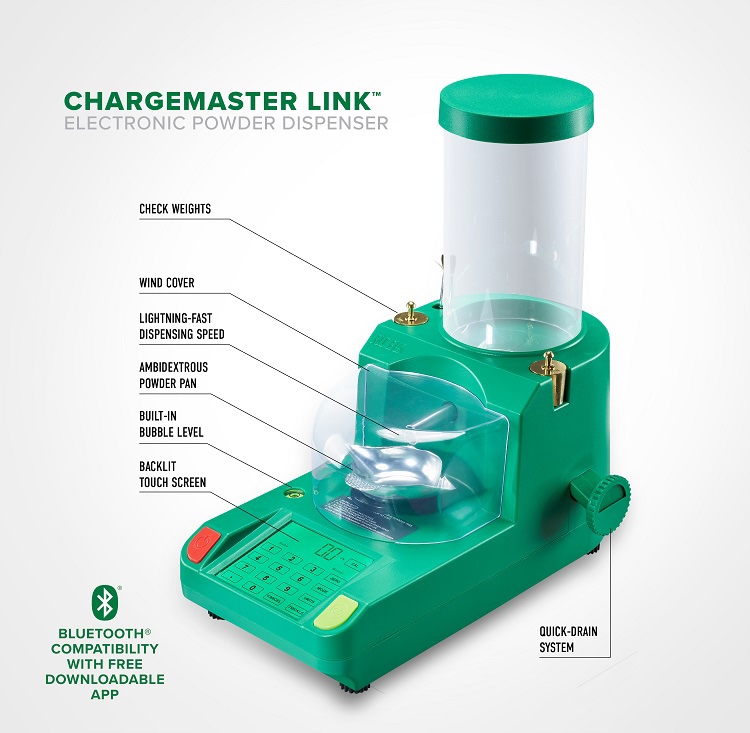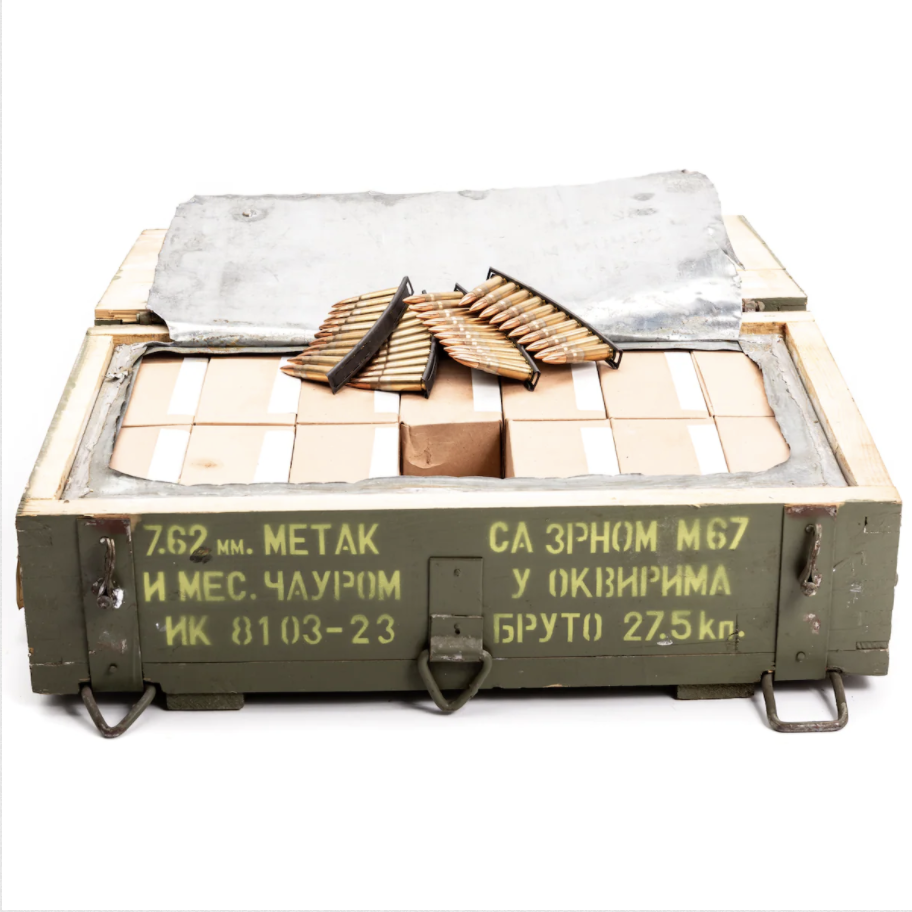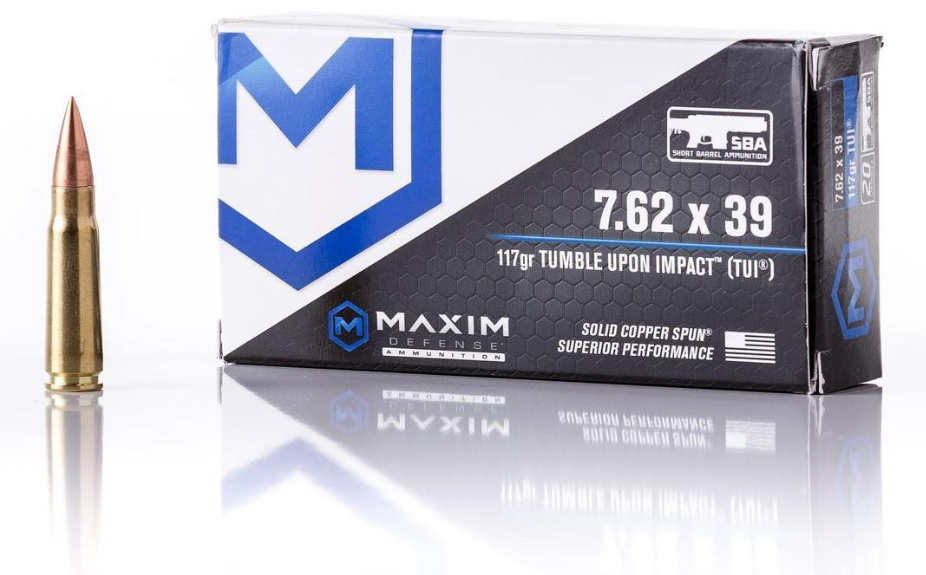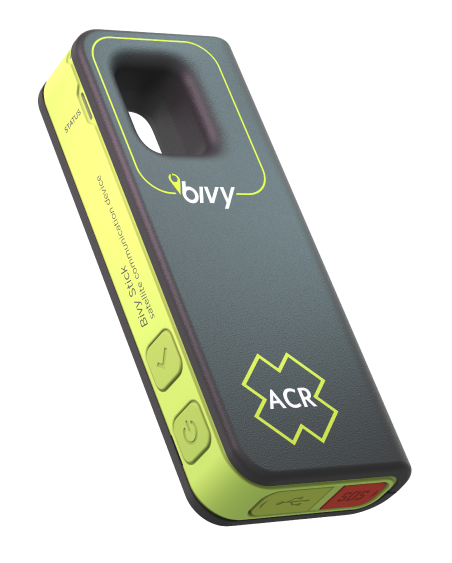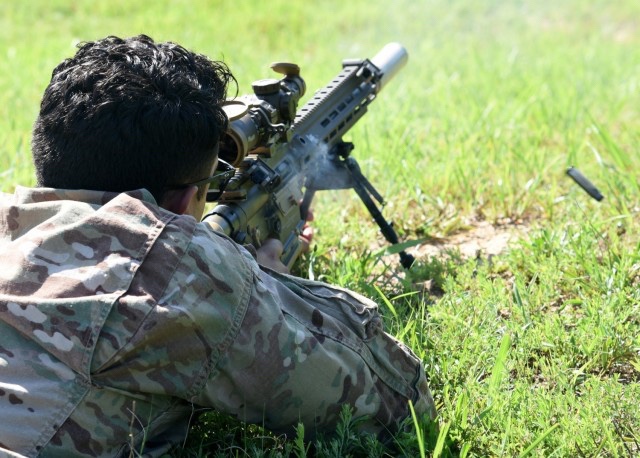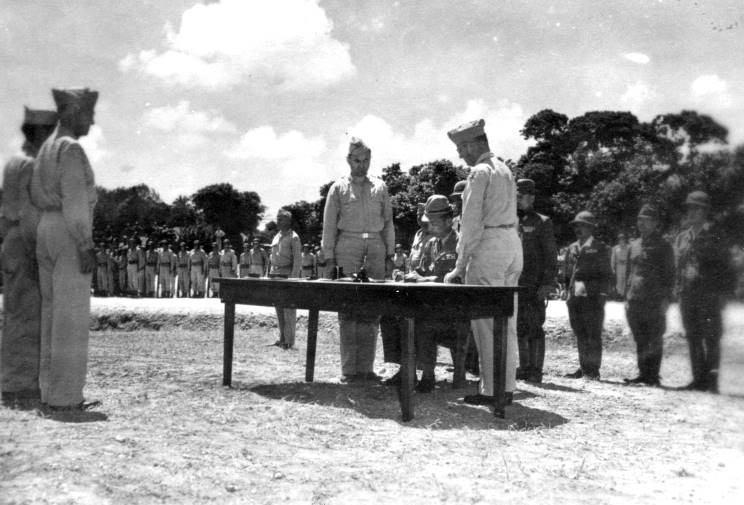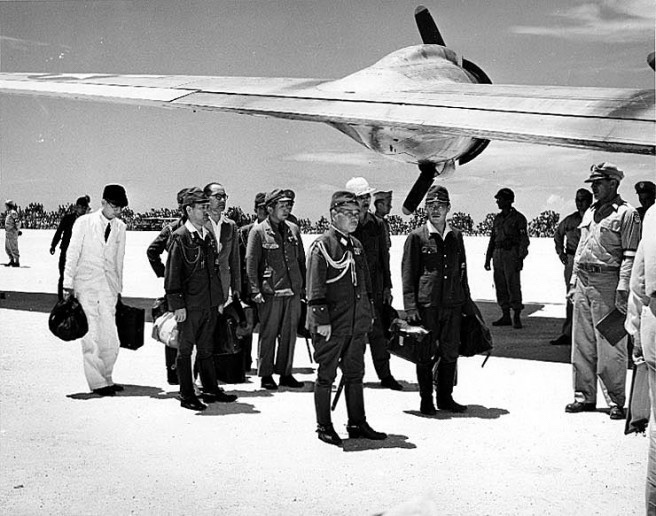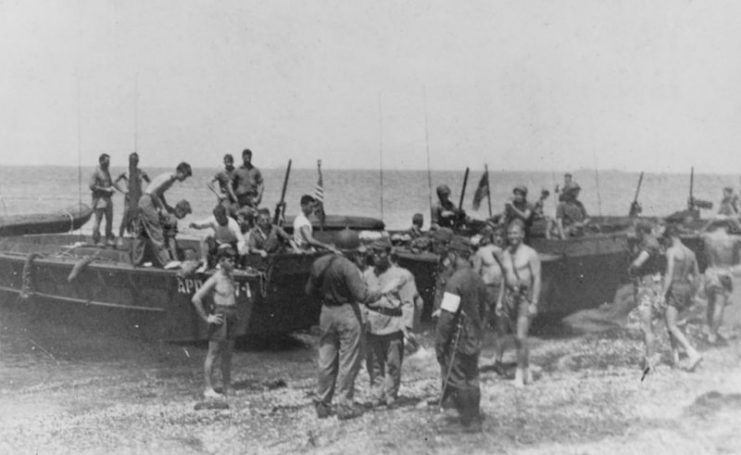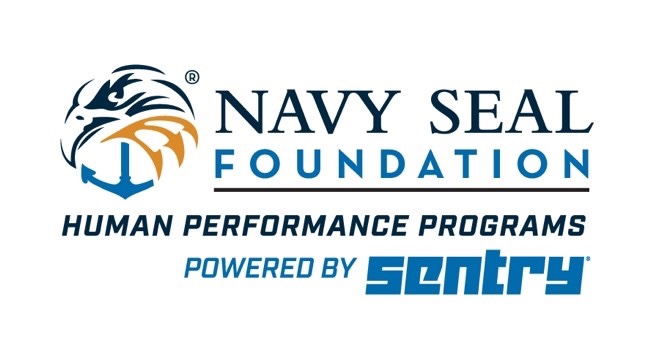
Virginia Beach, Va. (August 2021) – Since its founding in 2000, the Navy SEAL Foundation has remained the premier benevolent organization serving U.S. Navy SEALs, Special Warfare Combatant-Craft Crewmen (SWCCs), and active-duty service members assigned to NSW commands. NSF’s support also reaches NSW dependent family members, Gold Star and Surviving Family members, and all SEAL and SWCC veterans. Today, NSF is pleased to announce it has entered into an official partnership with SENTRY Tactical. The partnership will advance the Foundation’s Human Performance Program initiatives for Naval Special Warfare (NSW) warriors through product donations and a significant funding grant from SENTRY’s Founder and CEO, former SEAL, Mike Noell.
NSF has delivered critical assistance by developing and funding evidence-based programs, including programs to advance the recovery and optimal human performance of those service members who have become ill or injured during their military service. The Foundation’s Virginia Beach-based “Return-To-Duty Program,” is an individually tailored program that takes a comprehensive approach to wellness by addressing the participant’s nutrition, physical health, and cognitive functioning. After completing the intensive multi-week program, participants have seen significant improvement in overall health, sleep patterns and reduced pain in many cases. Due to the program’s success, NSF has seen demand for increased availability and a need for an additional location in California to serve those living on the west coast reducing the burden of travel for participants assigned to west coast SEAL Teams.

“NSF is thrilled to expand our Return-To-Duty / Human Performance Program to the west coast with the support of Mike Noell and SENTRY,” said Robin King, CEO of the Foundation. “SENTRY’s support is a testament to Mike’s commitment to his brothers in the SEAL community, and we are grateful for this generous partnership. Together we will continue to provide the best care and programmatic support for the NSW community.”


